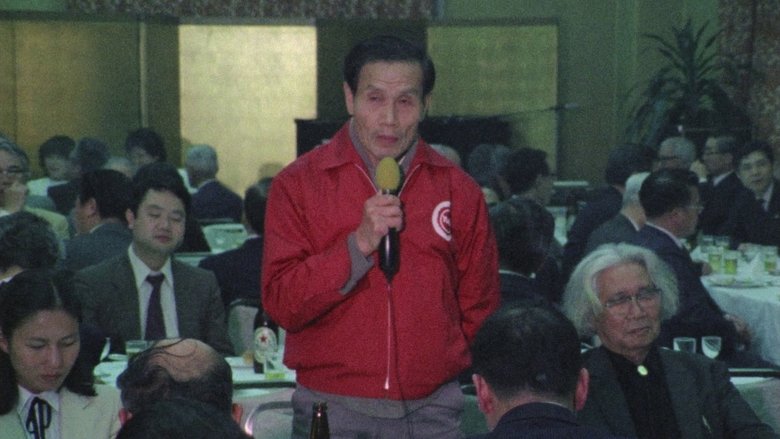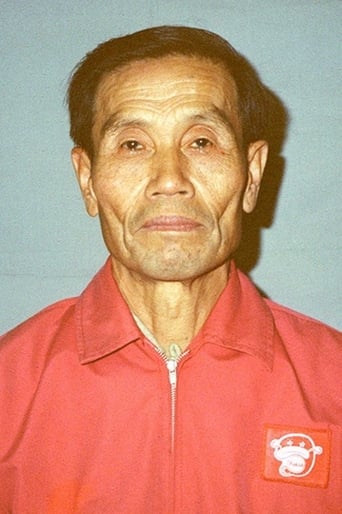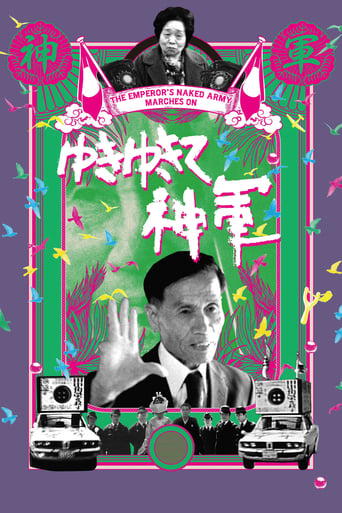
The Emperor's Naked Army Marches On
August. 01,1987Kenzo Okuzaki, a 62-year-old veteran of the New Guinea campaign in World War II, sets out to conduct interviews with survivors and relatives to find the truth behind atrocities committed while the Japanese garrison was surrounded, in particular the unexplained killing of two Japanese privates in his unit.
Similar titles

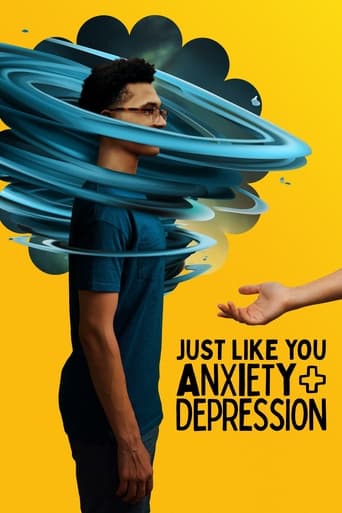
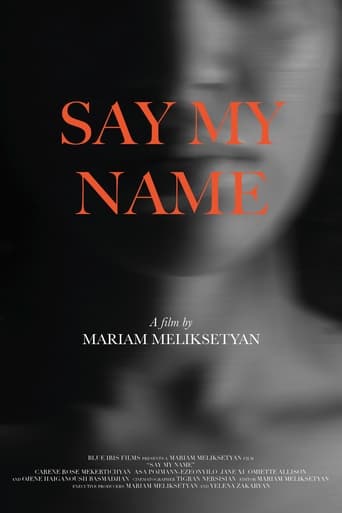

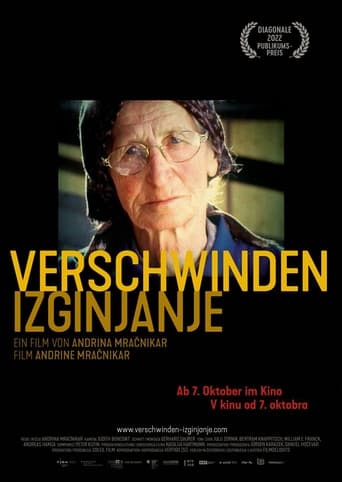
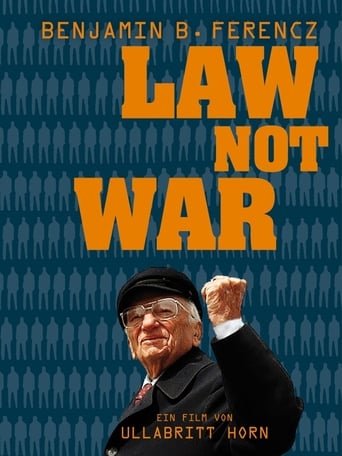
Reviews
You won't be disappointed!
if their story seems completely bonkers, almost like a feverish work of fiction, you ain't heard nothing yet.
The film's masterful storytelling did its job. The message was clear. No need to overdo.
The movie turns out to be a little better than the average. Starting from a romantic formula often seen in the cinema, it ends in the most predictable (and somewhat bland) way.
Despite its gruesome reality, "The Emperor's Naked Army Marches On" serves as a strong wake up call to me, and I'm sure the same goes for many others. Through some of the inhumane moments, we are shown the truth which not everyone wants to look directly in the eyes, especially if showing us the truth sometimes means lying to us as well.So in the end, this film stands as an excellent model for showing us how things are, not the formalistic view of how we wish them to be - we should not suppress the truth! And in addition, I find Kazuo Hara and Kenzo Okuzaki's dedication to exploit the truth behind their film, very inspiring (but once again, "despite" their gruesome approach...).
"Emperor's Naked Army Marches On" (yuki yuki shingun) is a documentary that tells the story of Okuzai, a former WWII hostage, who is haunted by the memory of the execution of two fellow Japanese soldiers weeks after the war had ended and sets out to find out the truth on who executed them and their reasons for doing so. The movie starts slow but soon we see how far he goes to try and get the suspects to tell him the truth, resorting to lying and physical violence. The protagonist simply doesn't care how he does it, whether he ends up in jail or if everyone dislikes him, as long as he gets answers, showing that he believes that violence is the means to an end. Director Kazuo Hara goes to great lengths to tell the story and not be involved, turning the viewers and himself into a fly on the wall. This is made clear when he doesn't stop filming when a fearless Okuzai starts beating up an elderly man who has just had surgery. That scene is a perfect example of how real this movie feels, Hara does a great job of not showing us things they way we want them to be but rather the whole truth. "Emperor's Naked Army Marches On" captured my whole and undivided attention from the beginning and I found myself cringing at Okuzai's violence, laughing at his attitude toward the police, shocked at his methods for uncovering the truth, and at times, even rooting for him to get answers for himself and for the murdered soldiers' families. But most importantly, Hara and Okuzai succeeded in showing the viewers another side to the WWII, which would still be a memory in the minds of the soldiers that were in New Guinea, hadn't it been for their persistence in finding the truth.
I remember reading an interview with director Hara in which he explained that he wanted to turn the clearly unbalanced veteran Kenzo Okuzaki (ominously missing a pinky, which is never explained) into a "action hero" by putting him into situations guaranteed to set him off. Okuzaki believes himself to be an instrument of divine punishment as he attempts to get to the bottom of both the executions of a pair of privates after the war had ended, and the murder and cannibalization of an unpopular officer. In some ways this movie is a fascinating (and weird) look into Japanese society, in which Okuzaki spends ten minutes profusely apologizing to a man he wants to interview for intruding before throwing him to the ground and slapping him for his lack of honesty (which in turn leads to a cringe-inducing but funny moment in which Okuzaki is smothered by the man's neighbors and punched and he turns to the cameras and screams "stop shooting! can't you see I'm being beaten up here?" not much of an action hero anymore). One member of the execution party spends what seems like an eternity changing his stories before admitting to his role in the execution, but claiming he didn't shoot because he had a defective bullet! Some of Okuzaki's targets are quite forthright and honest, others lie in a completely unconvincing manner, some come across as rather pathetic. The main "villain" is the officer who ordered the execution yet denies being present. Yet for all this, there is no commentary, and the reasons given for the executions range from desertion to cannibalization (the sister of one of the executed men is convinced of a vast conspiracy by the officers on New Guinea to keep their cannibalization secret by killing these two privates who would have otherwise spilled the beans), but were probably just another act of brutality in a spectacularly brutal war. Throughout Okuzaki rants and raves and is disarmingly (and bizarrely) forthright about his crimes (shooting BBs at and spreading pornographic pamphlets of Emperor Hirohito, plotting to kill a former Prime Minister, and the actual murder of a real-estate broker in the 50s). He comes across as one-third fanatic, one-third bully, and one-third psychotic, and the conclusion of the film is completely unbelievable, buy wholly in line with what we've seen in the previous two hours. Yet for all of Okuzaki's madness, Hara's skillful manipulation of reality gives the film a veneer of a lone-wolf detective story, as Okuzaki prods and beats the truth (or make that "truth") out of the various broken down veterans he falls upon. Incredible.
I really can't think of any thing of I've seen to compare with this. This is true story of a man who just wanted to expose the needless executions of two fellow Japanese soldiers by their own side. Of all the deaths, of all the suffering in that most terrible of battles in New Guinea and forty years later he strives to expose the truth. Okuzaki is absolutely fearless of others, the police, of superiors of conventions. Absolutely marvellous. When you consider how many now a days are involved in revisionism. Incidentally an intimate view of Japan and the Japanese, going into real people's houses. Just see it don't read any more. Nobody's supposed to feel sorry for the bad guys, but the Japanese Army once all powerful really suffered in the last years, this just gives you a glimpse of that
Top Streaming Movies











